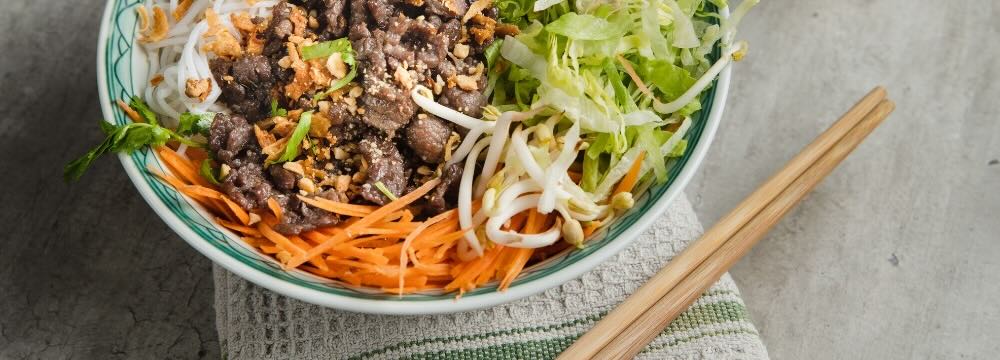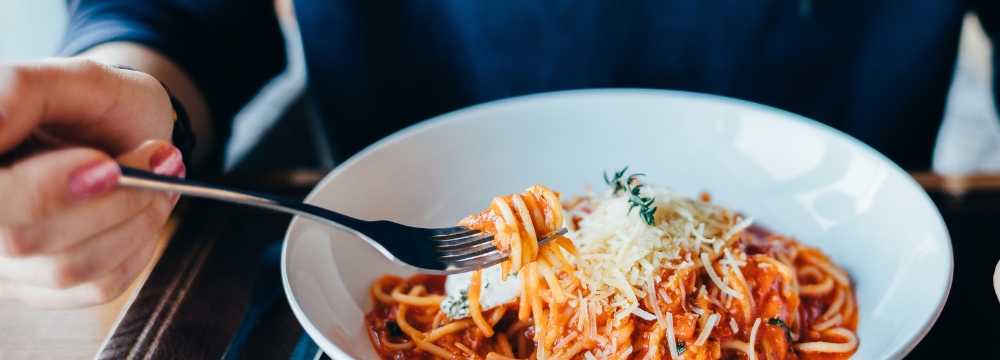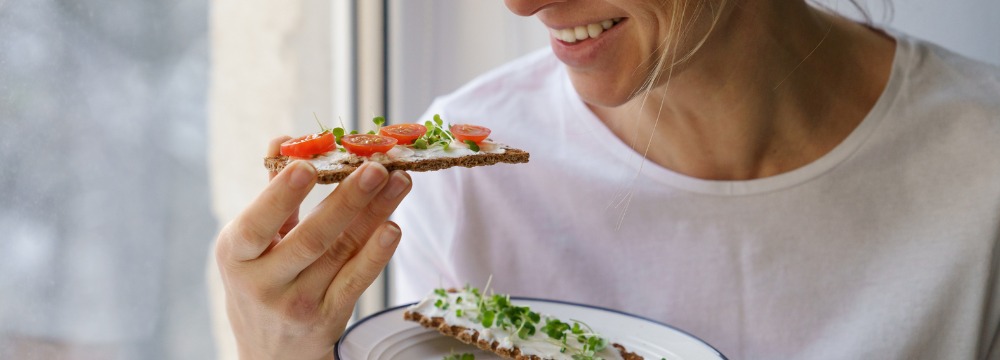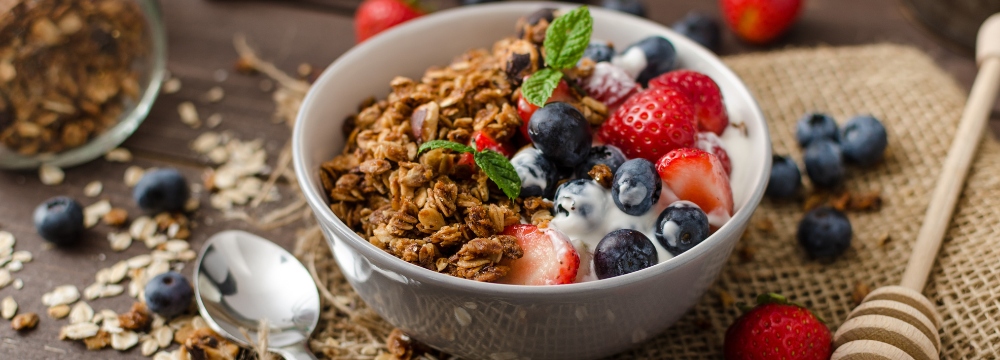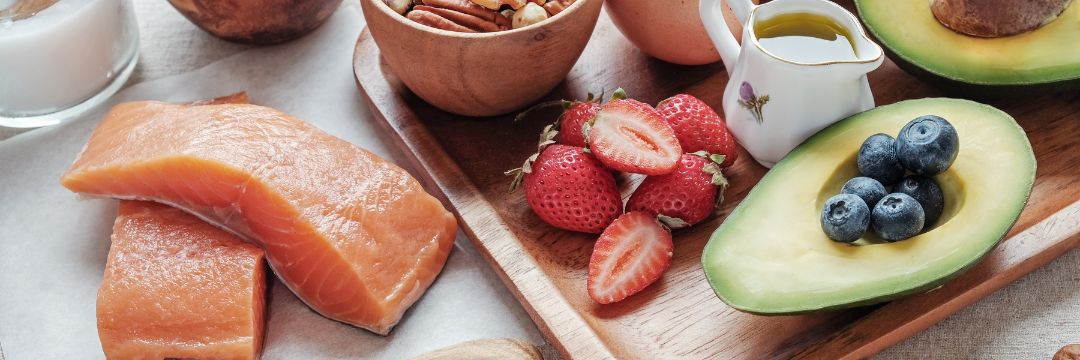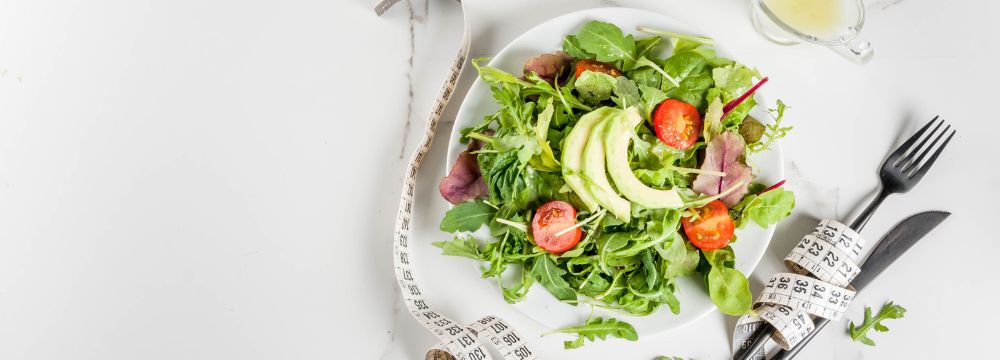Diet
Smoothies are a big part of the post-bariatric diet. Some practices are proponents of them, while others prefer you to prioritize protein from solid food. With that said, it’s critical to understand more about smoothies, their usefulness, and ultimately, what to look out for to ensure they work for and not against your weight loss goals.
Let’s jump in with the most significant concern regarding smoothies – how easily they can be consumed and the amount of hidden sugar they may have. Some smoothies can give you an entire day’s worth of sugar, depending on the ingredients used. Unfortunately, the smoothies you get from many shops are not as healthy as you think. Check out the nutritional information, even if it says organic or all-natural.
A Note on Bariatric Smoothies
As a bariatric patient, you will undoubtedly be bombarded with advertisements and samples for bariatric-specific smoothies from the likes of Bariatric Fusion, Bariatric Advantage, Celebrate Vitamins, and others. Because of their cost, you might be tempted to make your own smoothies or buy them elsewhere. But we encourage you to reconsider, especially early on, as these are made specifically for bariatric patients and formulated to ensure a balance of nutrition without all the bad stuff.
Making Your Smoothies
In the long term, there’s so much you can do to make a delicious smoothie at home. Not only can you tailor your smoothie to the exact taste you want, but you can also control your nutritional intake in a way that isn’t possible with store-bought options. Of course, the biggest concern is getting all the nutrition needed after surgery. You can check out the ASMBS nutritional guidelines to see what is required. You can also use existing bariatric smoothie recipes from trusted online sources or the smoothie makers’ dietary labels. No matter how nutritious your smoothie is, don’t skip your vitamins. You must take These essential supplements, often for the rest of your life.
Note: You may notice that when taking some supplements, you exceed the recommended daily allowance, often by quite a bit. There are two reasons for this. First, the nutritional limit information on the label isn’t updated frequently, and the RDAs often underestimate the amount of vitamins or nutrients we need. Second, these labels do not account for bariatric patients’ specific needs. Be sure to take what’s prescribed in your postoperative packet.
The Right Ingredients
Choosing the right ingredients for your smoothie is, of course, an essential part of success. A smoothie should contain a lot of protein and fiber and be low in sugar, which is not a given even when fresh fruits and vegetables are used. For example, many patients make the mistake of using sugary citrus fruits or pineapple to sweeten their drinks. While these are natural, their high glycemic content can be problematic. Blueberries, conversely, contain some sweetness but are very high in fiber and antioxidants and are excellent for any smoothie diet.
Similarly, many patients may get in trouble using artificial or even natural zero-calorie sweeteners in quantities that trick the brain into craving more sweetness. That ultimately may increase the risk of diabetes despite the no-calorie promises. Sweet is sweet, so use these in moderation, like natural sugar.
Is a Smoothie-Only Diet Okay After Bariatric Surgery?
With the hundreds, if not thousands, of body hackers and health influencers on the Internet, there’s no shortage of good and bad advice on losing weight and the multitude of ways of doing so. Most use catchphrases and Clickbait, like losing weight fast with minimal exercise and dieting, enticing patients to follow their sometimes uninformed ideas. A smoothie diet is a common one. The thinking here is that smoothies can fill you up with protein, give you the nutrition you need, and help you lose weight. To some degree, this is true, but there is a fine line between a healthy and unhealthy smoothie. For this reason, any non-structured diet after bariatric surgery should be monitored by knowledgeable weight loss specialists like Dr. Higa and our team, including Anali, our dietician.
What About the Green Powder Drinks Advertised Everywhere?
The green drinks advertised on TV and radio can be excellent options for patients with chronic deficiencies in common vitamins and minerals. However, their usefulness is limited for those with no deficiency concerns. Unfortunately, some patients use these drinks as a reason to overindulge in other areas of their lives (I’m being healthy here, so I can indulge there), and it ultimately does not help them at all. Further, these powders often contain significant quantities of artificial sweeteners and, as mentioned above, may work against the overall diet program.
As with any dietary promise, speak to your doctor before starting something new. They can help you understand your deficiencies and learn more about your options for managing them.
After the Smoothie Diet
Many patients are successful in their smooth diets and lose significant weight early on. But how sustainable are they? The answer is not very, unless they are simply a jumpstart toward longer-term lifestyle change. Many patients ultimately gain weight after ending their diet, sometimes even more than they lost during the diet. Unfortunately, weight loss is rarely linear. It requires a strong will to achieve the results and laser focus over the long term.
Speak to our team here at Higa Bariatrics to learn more about the sustainable weight loss options offered by a medical weight loss program or surgical weight loss in the form of bariatric surgery. Doing so can be the difference between good, temporary results and excellent long-term results. Call us to schedule a consultation.



